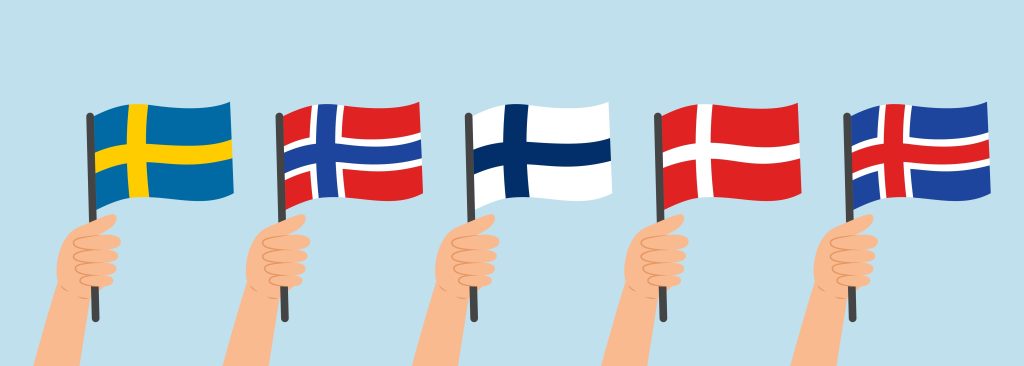The UK Slows Down While Sweden Leads the Way
16th Oct 2025

On 25 October 2025, Sweden will become the first country in the EU to meet the World Health Organization’s definition of a smoke-free society – with fewer than five percent of the population smoking daily. This milestone is the result of a pragmatic public health strategy that prioritises access to smoke–free alternatives such as snus and nicotine pouches.
Meanwhile, the UK government is sending mixed messages. Through proposals such as a ban on disposable vapes and a new tax on vape liquid, it signals that restrictions are being prioritised over harm reduction, especially as the NHS continues to endorse vaping as an effective tool for helping smokers quit.
Mixed Messages in UK Tobacco Policy
In some British cities, vape shops might face closure, while cigarettes remain widely available in convenience stores. This sends conflicting signals to smokers seeking to quit and to healthcare professionals trying to support them.
Since Labour came to power, the party has taken a tougher stance on nicotine products. Measures include a ban on disposable vapes and a new tax on vape liquids. These policies suggest a preference for restriction over harm reduction. Critics warn that such measures could stall progress towards a smoke-free UK.
The government’s target of achieving a smoke-free society by 2030 is now at risk, and new restrictions may slow or even reverse that progress.
Sweden’s Model: Access to Alternatives Works
In contrast, Sweden has chosen a different path. By making other alternatives like snus and nicotine pouches widely available, the country has achieved uniquely low smoking rates.
According to the report Fighting Smoking with Alternative Nicotine Products by economist David Sundén, it is precisely the availability of alternatives that explains Sweden’s success. The UK’s political ambivalence towards alternative nicotine products is a risky approach in the fight against smoking.
Access, Not Prohibition, Is the Key
Sweden’s model demonstrates that the path to a smoke-free society is not paved with bans, but with access to less harmful alternatives. While the UK risks slowing its progress through vape restrictions, Sweden has shown that an open market for alternative nicotine products can save lives – and reduce smoking for real.





